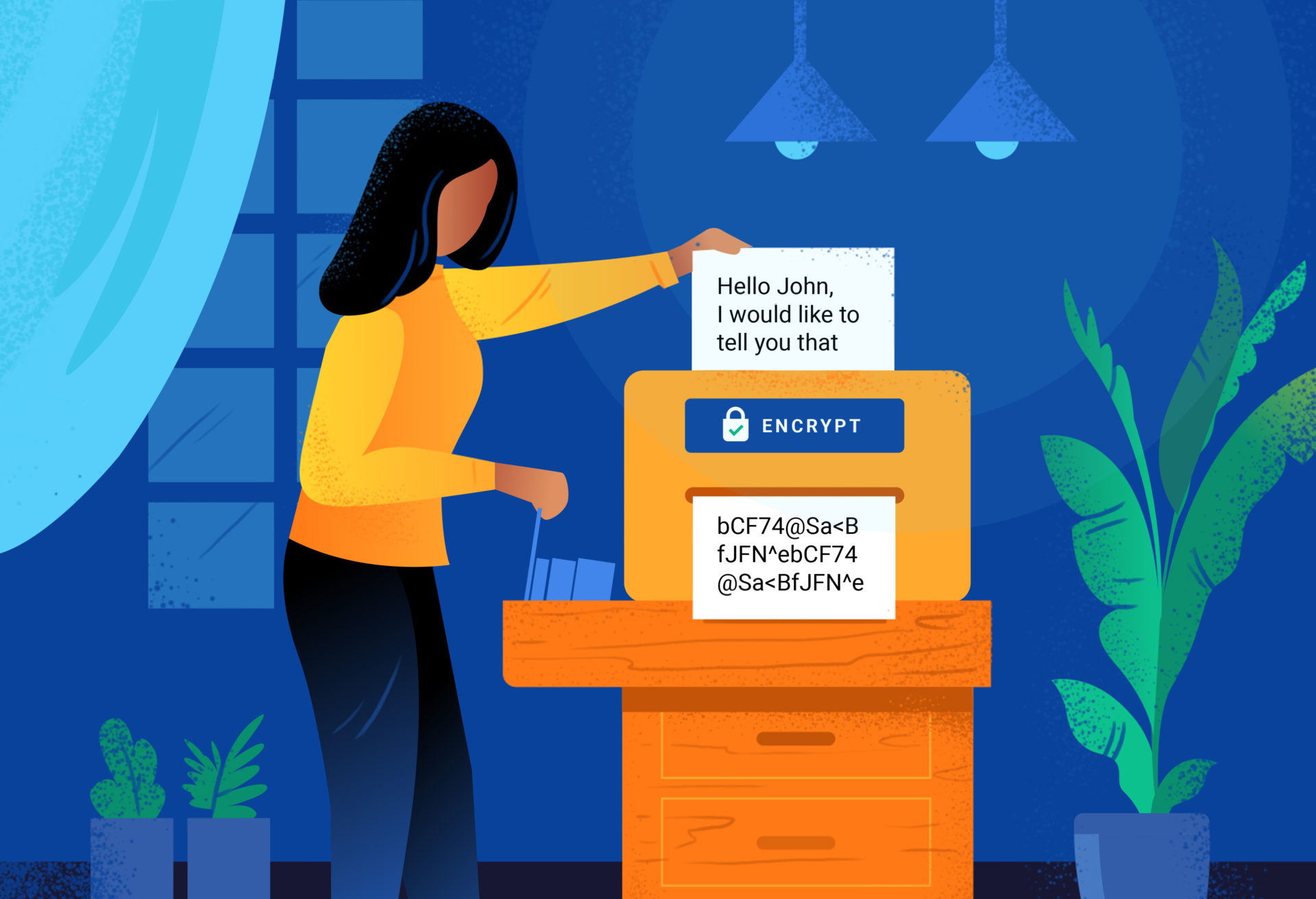Below is a list of additional digital security tips for writers and journalists to take into account before facing online abuse.

Encrypting Your Data and Devices
Encryption scrambles and transforms your data so that it can’t be read by prying eyes. It helps to keep your documents, emails, photos, and search queries private. Full-disk encryption (FDE) can protect your data in the event that your laptop is lost or stolen. Learn more about FDE, including a helpful Buyer’s Guide, at TechTarget and how to set it up for your computer’s operating system with Freedom of the Press Foundation’s encryption toolkit.
Virtual Private Networks (VPNs) also offer a valuable form of encryption. VPN technology allows you to connect to a server via an encrypted connection. All data that is transferred between your personal computer and a VPN server is scrambled so that no one else can read it. To learn more, read Freedom of the Press Foundation’s in-depth guide to choosing a VPN. Not all VPN’s are equally secure or reliable, so be sure to do your research—here’s a helpful Buyer’s Guide for VPNs.
The Freedom of the Press Foundation also supports a variety of encryption tools for journalists concerned with protecting digital communications. Check out their Journalist Guide and their introduction to their encryption toolkit for more information.
Protecting Your Texts and Messages
Using end-to-end encrypted messaging apps can help keep your communications private—and protect your sources and close friends and family. Freedom of the Press Foundation offers guides on encrypted messaging apps that you can use to get started.
Covering Your Cameras
All types of cameras on internet-connected devices (laptops, phones, tablets, doorbells, monitors) can also be hacked and accessed remotely, so it’s a good idea to cover your camera when it’s not in use. Consider buying a camera cover or just using a sticker or Post-it note that can be easily removed.
Using a Pseudonym
You may wish to consider adopting a pen name or pseudonym to use when publishing content that could subject you to severe online harassment or doxing. While this may not be possible for everyone due to professional demands, a pseudonym can be a good option for those who write about highly charged political and social issues. When deciding whether or not to adopt a pseudonym, it’s worth taking the following questions into account :
- How important is it to you to attach your real name to your work? Do you need to use your real name so that you can be contacted by potential editors and publishers?
- Are you willing to put the effort into maintaining multiple identities online?
Whether or not to use a pen name is a highly personal decision. Some activists around the world have decided to stay anonymous online to protect their safety. For some writers, tying one’s name to one’s good work is of the utmost importance, especially for writers working to upend an oppressive status quo or expand opportunities for members of their group in a certain literary space. It will not be the right choice for everyone, but when it comes to your safety and security, a pseudonym can help protect you from more severe forms of online harassment. The Economist, for instance, published a piece explaining why their journalists are all published anonymously and about the protections a collective voice can offer staff and freelancers.


